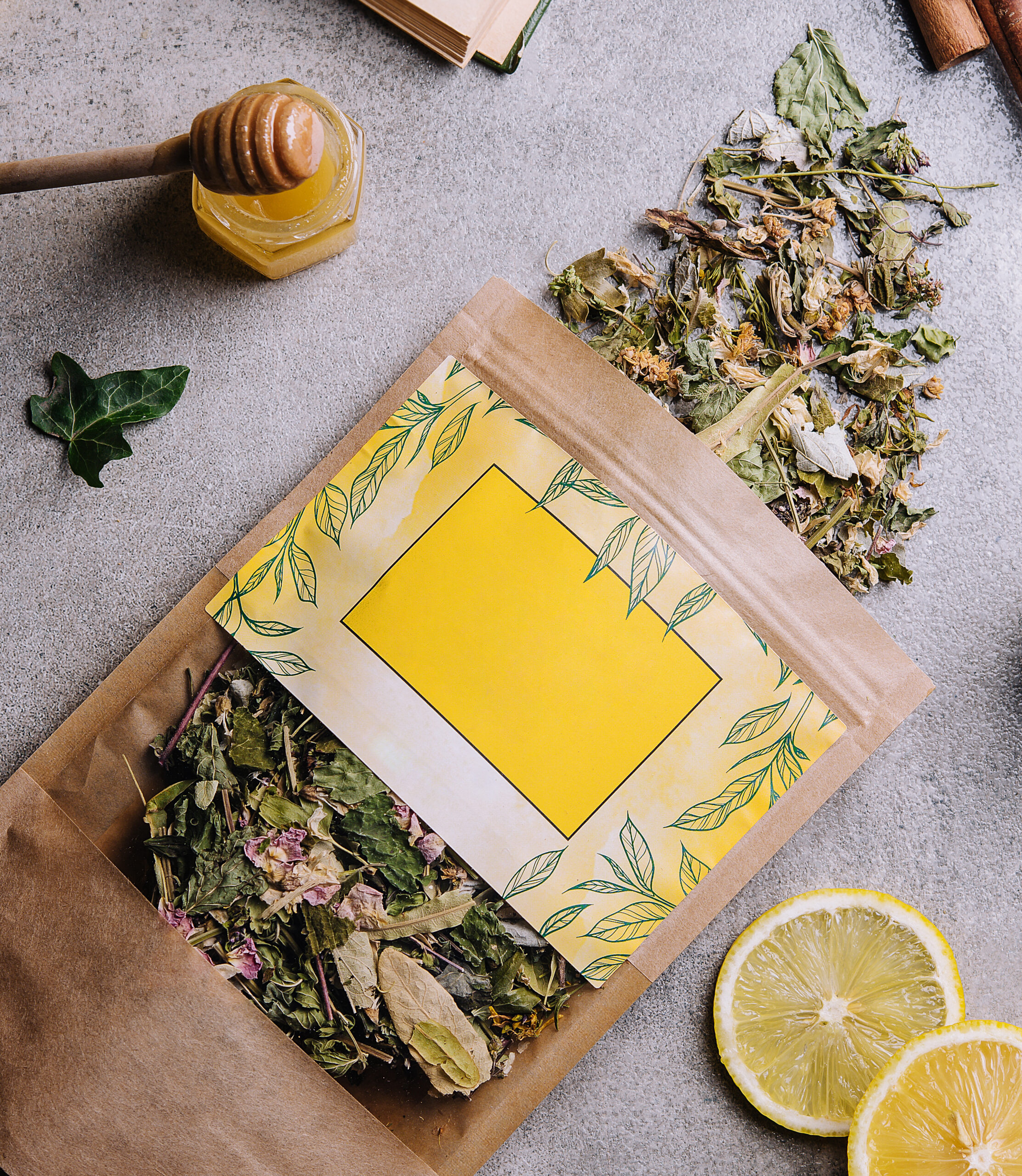Tea is a popular beverage in the world since almost every individual enjoys it, from kids to elderly. It has a rich history that dates back many centuries ago and spans across diverse ethos.
Tea undergoes different complex processes, from when it’s planted to the teacup on your table. All these processes are designed to allow you to enjoy this beloved beverage.
Connecting Tea Farmers, Producers and Consumers
Farmers plant and manage team plantations, ensuring it’s harvested at the right time and age. Once it’s picked from the plantations, it goes through several processes and then packaged.
After packaging, it’s ready for distribution and consumption. Tea trading firms are responsible for connecting farmers, producers and consumers globally. They are intermediaries enabling purchasing and selling of tea products via different platforms.
The tea trading process involves a complex supply chain network. Farmers pick valuable parts of the tea plant, which are then transported from the plantations to processing factories, distribution destinations, warehouses, and retail stores. Different transportation options are involved based on operation scale to reach target markets. Tea can be transported globally, nationally or locally.
Consumers need to receive fresh and high-quality tea products meaning efficient distribution systems and channels are necessary. To achieve that, there must be careful coordination and timely communication between different parties, from tea trading companies and logistics service providers to warehouse and retail store managers.
Tea Packaging: Ensuring Freshness and High Quality
To ensure freshness and high quality, tea goes through several processing steps. The leaves are plucked at the right age and go through withering, rolling, fermentation, drying, and grading (sifting) processes. After these processes, the tea is packaged in different forms like bags and loose-leaf.
Loose-leaf packaging involves placing processed tea in high-quality paper or metal containers. This type of packaging eliminates exposure to unnecessary air, light and moisture. Bag packaging involves biodegradable or filter paper bags usually designed for convenience and easy brewing.
Labelling is also an important part of tea packaging. It provides vital information such as brewing instructions, origin, tea type, harvest date, expiry date and any other ingredients included during packaging. Labelling allows consumers to learn more about different tea products and pick their favourite ones based on their unique needs and requirements.
Tea Trading: Local, National, International and Global
Trading takes place on different levels, from local, national, international and global. The global scale involves many exchanges and auctions occurring in major tea-producing countries like Kenya, Japan, Sri Lanka, India and China.
Auctions can occur both physically and virtually. Whether physical or online, they serve as perfect options for consumers to see and feel what producers offer. Producers can effectively side-step intermediaries through auctions and create strong bonds with wholesalers, retail shops and consumers, leading to transparency and better prices.
Several factors influence trading, which are market demand, flavour, and quality. Government policies, weather conditions, and political situations can affect trading and market dynamics.
Final Thoughts: Why Sustainable Brands?
Finlays is a major global grower, processor and supplier of sustainable tea and tea extracts. With sustainability in mind, Finlays believes in acting for the long term.
As a result, it doesn’t only help the environment but also the people and their communities. With a vertically integrated supply chain system, Finlays offers its customers a full guarantee of traceable and certified tea from plantations to cups on tables.
Sustainable tea brands such as Finlays ensure all processes involved, between planting and brewing, benefit the environment, farmers, society, consumers and the world. In short, everyone benefits from those involved directly to those who don’t. That is what sets Finlays apart from non-sustainable brands.





